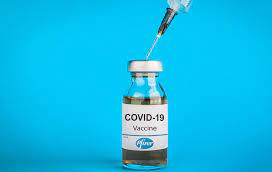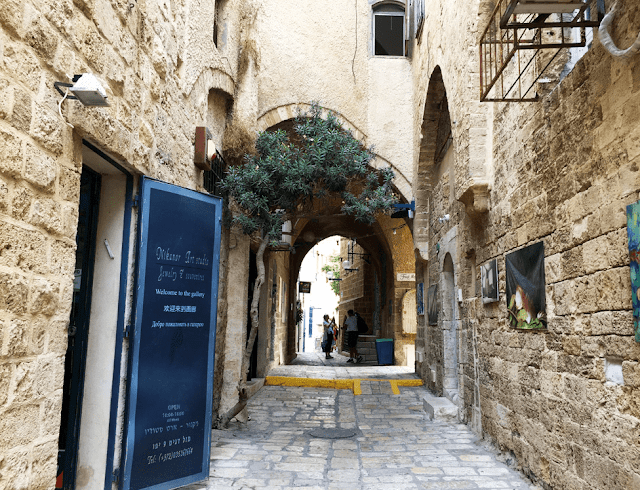A real-world data analysis in Israel found that the coronavirus variant discovered in South Africa could escape the safety given by Pfizer/COVID-19 BioNTech’s vaccine to some degree.
The research, which was published on Saturday, compared nearly 400 people who tested positive for COVID-19 14 days or more after receiving one or two doses of the vaccine to the same number of unvaccinated COVID-19 patients. It balanced people’s age and gender, among other things.
According to a survey conducted by Tel Aviv University and Clalit, Israel’s largest healthcare provider, the South African variant, B.1.351, was found to account for around 1% of all COVID-19 cases among all people surveyed.
The prevalence of the mutation was eight times higher in patients who had administered two doses of the vaccine compared to those who had not – 5.4 percent versus 0.7 percent.
According to the experts, this indicates that the vaccine is less successful against the South African version than it is against the original coronavirus and a variant first detected in Britain that now accounts for almost all COVID-19 cases in Israel.
According to Adi Stern of Tel Aviv University,“When comparison to the unvaccinated population, people who received a second dose had a disproportionately higher risk of the South African variant. This means that the South African version is able to crack through the vaccine’s defense to some degree.”
The researchers warned, however, that due to the South African variant’s rarity in Israel, the study only had a limited sample size of people afflicted with it. They also mentioned that the study was not designed to determine total vaccine efficacy against any variant since it only looked at patients who had previously tested positive for COVID-19, not overall infection rates.
Pfizer did not respond to a request for comment on the Israeli report.
On April 1, Pfizer and BioNTech announced that their COVID-19 vaccine was 91 percent successful in combating the disease, citing new trial results that included participants inoculated for up to six months.
Although the study’s findings are concerning, Tel Aviv University’s Stern believes that the low prevalence of the South African strain is promising.
“Even if the South African variant breaks through the vaccine’s defense, it has not spread extensively through the population,” Stern added, adding that the British variant could be “blocking” the South African strain’s spread.
Reuters



